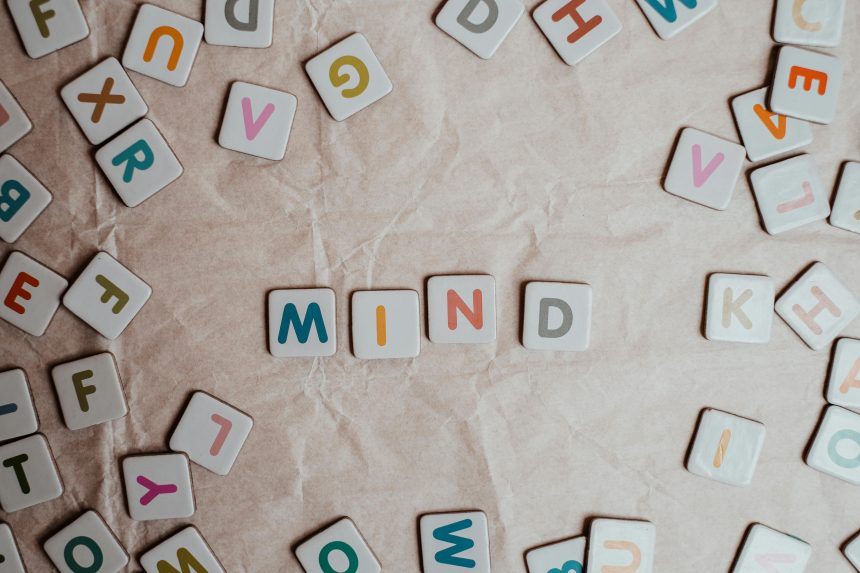Recovering from a brain injury is rarely a simple, straight path. Even when the initial injury is treated, survivors may face a wide range of complications — medical, cognitive, emotional, and behavioral — that unfold over time. These complications are sometimes immediate and obvious, such as seizures or swelling, but others may appear months or even years later.
- Why Complications Happen After Brain Injury
- Types of Complications
- 1. Post-Concussion Syndrome
- 2. Seizures and Post-Traumatic Epilepsy
- 3. Hydrocephalus After Brain Injury
- 4. Chronic Traumatic Encephalopathy (CTE)
- 5. Behavioral and Personality Changes
- 6. Frontal Lobe Damage
- 7. Other Long-Term Issues
- Managing Complications: A Lifelong Process
- The Importance of Monitoring and Follow-Up
- Conclusion
Understanding these possible outcomes is essential for survivors, families, and caregivers. Early recognition allows doctors to intervene quickly, while long-term management ensures that complications do not undermine recovery or quality of life.
Why Complications Happen After Brain Injury
The brain is the body’s command center. When it is injured, the effects ripple outward, disrupting memory, emotions, movement, and physical health. Some complications arise because of direct damage to brain tissue, while others develop as secondary effects of the injury. For example, swelling or bleeding inside the skull can trigger seizures, while damage to the frontal lobe may lead to personality changes.
These complications do not always follow a predictable pattern. Two people with similar injuries may experience very different outcomes, which is why monitoring and follow-up care are so important.
Types of Complications
1. Post-Concussion Syndrome
Even mild traumatic brain injuries can have lingering effects. Some survivors experience headaches, dizziness, fatigue, and memory problems for weeks or months after a concussion. This cluster of symptoms, called post-concussion syndrome, can make returning to school, work, or sports difficult. Managing the condition often requires rest, gradual reintroduction of activities, and sometimes medication or therapy.
2. Seizures and Post-Traumatic Epilepsy
Seizures are one of the most common medical complications after moderate or severe brain injury. They may occur in the days following injury or emerge months later, developing into post-traumatic epilepsy. Anti-seizure medications are used to control episodes, and long-term follow-up is often necessary. Seizure management is critical not only for safety but also because uncontrolled seizures can further damage brain tissue.
3. Hydrocephalus After Brain Injury
In some cases, a brain injury disrupts the normal flow of cerebrospinal fluid, leading to a dangerous buildup of pressure known as hydrocephalus. Symptoms include headaches, nausea, and balance problems. Doctors may place a shunt to drain excess fluid and relieve pressure. Because hydrocephalus can appear weeks or months after injury, survivors and families should be alert to changes in symptoms.
4. Chronic Traumatic Encephalopathy (CTE)
Repeated head injuries—common among athletes and military personnel—are linked to a degenerative condition known as CTE. This disorder is associated with progressive cognitive decline, mood disorders, and behavioral changes. While research is ongoing, CTE highlights the importance of prevention and long-term monitoring in those with repeated concussions or head trauma.
5. Behavioral and Personality Changes
One of the most challenging complications for families involves changes in behavior and personality. Survivors may act impulsively, struggle with emotional control, or show reduced empathy. These shifts are often linked to damage in the frontal lobe. Families may feel that the person they once knew has changed, and therapy is often needed to improve communication, manage behavior, and provide emotional support.
6. Frontal Lobe Damage
Because of their location at the front of the skull, the frontal lobes are especially vulnerable in head trauma. Frontal lobe damage can lead to profound changes in planning, decision-making, and social behavior. Survivors may struggle with judgment, impulse control, or speech production. Rehabilitation focuses on cognitive therapy, counseling, and strategies for daily life, but family understanding is also essential for long-term adjustment.
7. Other Long-Term Issues
Complications can extend to nearly every system of the body. Some survivors develop chronic headaches, sleep disorders, or vision and hearing problems. Others face hormonal imbalances if the pituitary gland is affected. Over time, these complications may interact with one another, creating cycles of fatigue, pain, and emotional distress.
Managing Complications: A Lifelong Process
Complications require both medical treatment and rehabilitation. Medications may control seizures or stabilize mood. Therapies—including cognitive rehabilitation, occupational therapy, and speech therapy—address ongoing deficits. Counseling and neuropsychology support emotional healing, while assistive technology and lifestyle adaptations restore independence.
Just as important is family education. Families who understand that complications are part of the injury—not signs of weakness—are better able to support survivors with compassion and patience.
The Importance of Monitoring and Follow-Up
Many complications do not appear immediately. Survivors may leave the hospital feeling stable, only to develop new symptoms weeks or months later. This is why long-term follow-up with neurologists, rehabilitation specialists, and mental health professionals is so important. Regular check-ins help catch complications early and keep recovery on track.
Conclusion
Complications after brain injury are common, but they are not insurmountable. From post-concussion syndrome to seizures, behavioral changes, and degenerative conditions like CTE, each challenge can be managed with proper care, rehabilitation, and family support.
Understanding the risks and recognizing the signs early allows survivors and families to act quickly, reducing the impact on recovery. With the right medical, emotional, and community resources, life after brain injury is not only possible but can remain meaningful and fulfilling—even in the face of complications.





